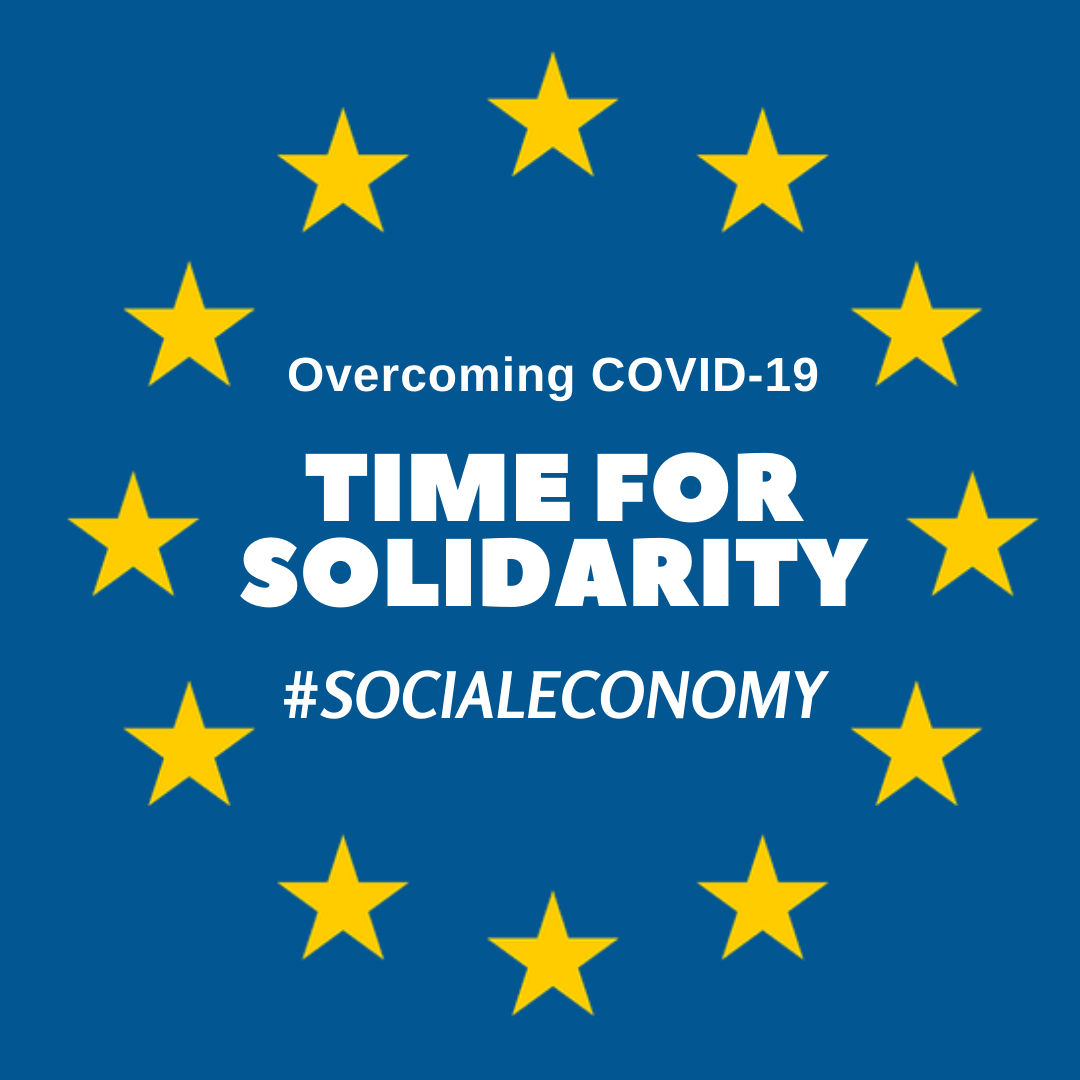
|
|

|
|
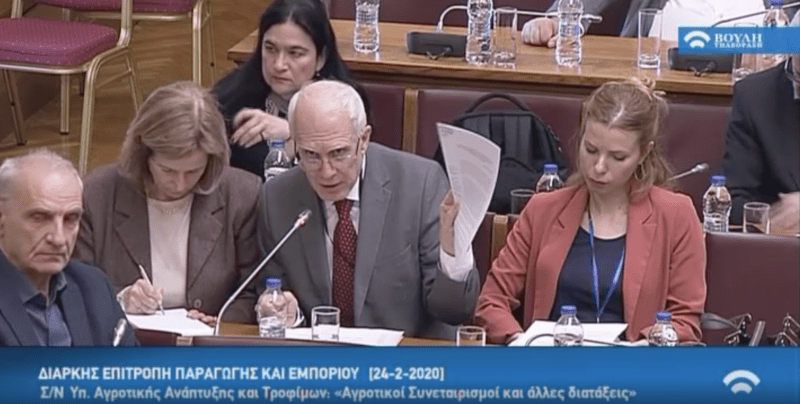
In February 2020, ICA’s director general Bruno Roelants presented a speech at the parliament in Greece to advocate for agricultural cooperatives. At a parliamentary hearing attended by members of the Permanent Committee of Production and Trade, Mr. Roelants requested that further attention be given to a draft law which contains provisions that do not fully embrace cooperatives principles that have been fully endorsed by the government of Greece.
Mr. Roelant’s attendance at this parliamentary hearing was done in coordination and urging of ICA member PASEGES – the Panhellenic Confederation of Unions of Agricultural Cooperatives, to address the lack provisions to protect and promote the cooperative identity of its members.
Below is the speech in its entirety:
Esteemed Members of the Permanent Committee of Production and Trade,
International Cooperative Alliance (ICA), established in 1895, currently headquartered in Brussels (Belgium), is the global representative body that unites, promotes and serves cooperatives worldwide. As of January 1, 2020, the ICA represented 309 member organizations from 110 countries worldwide with a diverse array of membership hailing from different business sectors, international cooperative umbrella bodies and government departments.
In 1995 the ICA with the Statement on the Cooperative Identity provided a definition of the cooperative, which has been broadly accepted ever since, as well as a list with the cooperative values and principles, as they emerged and were consolidated by decades of cooperative practice. The latter is what distinguishes cooperatives from any other type of business, especially the stock companies.
The legislation can play a significant role in safeguarding the cooperative identity, as well as guiding and encouraging cooperators to embrace it in the everyday business life of their cooperative. Within this context, an adequate legal framework for cooperatives’ development has been highlighted by a number of regional and international actors, such as the EC, the ICA, the ILO and the UN.
The ICA at the behest of the New PASEGES submitted a response to the online public consultation on the draft law on agricultural cooperatives and noted that a number of provisions needed to be further examined by both international and national actors, as they may appear as not fully embracing the cooperative principles and the R. 193/2002 of ILO, which is worth mentioning that it has been endorsed by Greece.
Despite the minor changes to the draft law that was submitted to this committee, its conformity with the cooperative identity and the R. 193/2002 is still an issue to be resolved. In particular, some of the most pressing questions on the draft law’s provisions are the following:
– the omission of provisions on the formation of cooperative unions and federations (with the sole exception of ar. 38 on the national union of agricultural cooperatives) which poses an infringement to the 6th cooperative principle on Cooperation among Cooperatives, to Paragraph 6 (d) of the R.193/2002 that reflects the above principle, while it disregards relevant provisions that constitute the norm of national European cooperatives laws (such as the case of France, Spain and Portugal),
– the lack of prescribing for indivisible reserves, which does not protect cooperatives from their dissolution for personal gain and infringes the 3rd Cooperative Principle on Member Economic Participation [Articles 26.10 & 33.4],
– the absence of provisions for special auditors trained in cooperatives to ensure audits are done in line with cooperative way of business as Paragraph 6 (c) of R. 193/2002 stipulates [Article 24],
– the obligatory provision on the minimum share capital (10.000e) under the Draft Law, which seems to be restrictive in enabling cooperative business, especially for micro and small cooperatives [Article 9.1],
– the obligation to submit 75% of the annual produce to the agricultural cooperative, which poses the question on whether it is maintainable in view of the autonomy of cooperatives, the international norms of monopolistic restrictions of trade practices and competition law [Article 8.1 f]
– the taxation of surplus that is to be distributed to the members, which should not be taxed at all, as its refund is a price correction (deferred price reduction or price increase) [Article 27.2]
– the newly added provision that enables the conversion of cooperatives to any other type of business without any reference as to what happens with the assets of the cooperative [Article 29.8],
– the absence of any measure in favor of the cooperative education (5th cooperative principle), which is the sole responsibility of the national union of agricultural cooperatives [Article 38.4c].
Based on the above remarks, the draft law’s content in many aspects introduces many traits of stock companies to agricultural cooperatives, while drifting away from the ICA Statement on the Cooperative Identity and the R. 193/2002 ILO.
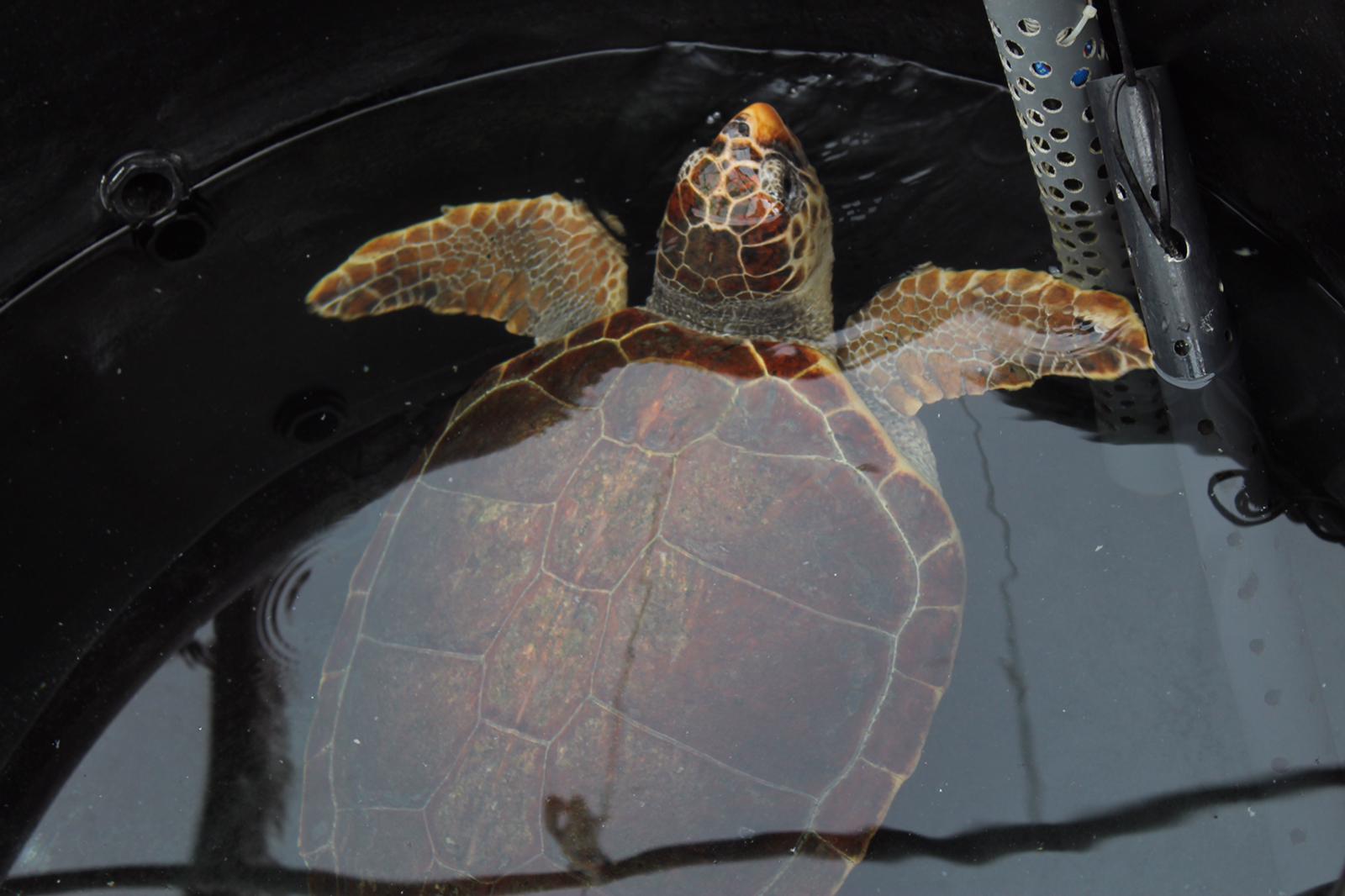
On Sunday the 8th of March, the Wind of Renewal /Days of Welcommon family organized a visit to Glyfada at the sea turtle rescue centre «Archelon» and the beach just next to this centre. The group included volunteers, refugees and Welcommon Hostel guests – all one ‘family’.
We left the WELCOMMON Hostel at 1pm and we went to took the metro to Elliniko, then we took a bus to Glyfada to go to the Sea Turtle Rescue Centre. We had a short visit of the centre with some explanations about the turtles, how they are being injured and what the volunteers team is doing to take care of them 🐢. Sea turtles tend to get entangled in fishing gear and such incidents may often result to injuries or drowning. They may also fall victims to collisions with speed boats, especially near nesting beaches. Several cases of deliberately killed animals washed ashore are also reported from different sites.
The nationwide Rescue Network of ARCHELON is activated in cases of reports of injured or sick turtles or strandings of dead animals. The network is set up and supported through the organization of information events in cooperation with Port police authorities, fishermen, volunteers and environmentally active organizations. Injured or sick animals are transferred to the Sea Turtle Rescue Centre in Glyfada, near Athens. About 50 sea turtles are treated annually and when fully recovered, are released back to the sea. First aid Stations for sea turtles are set up in the areas of Rethymnon, Crete and Amvrakikos Gulf.
After the visit, we headed to the beach just next to the centre to do a little clean up, to enjoy the quietness of this place and to chat all together. It was a very pleasant moment 😉
We ended the day by going back to Syntagma square and wishing us a good evening. That was such a good day ! ☀️
FUNday trips are every Sunday 13:00 – 17:00, always meeting at Welcommon Hostel at 13:00. In the past, we’ve visited the Acropolis, had a picnic, and played football in a nearby park. Anybody is welcome, just come along to Welcommon Hostel on Sundays at 13:00.
#ErasmusPlus #volunteering #volunteers #socialinnovation #socialinclusion #empowerment #art #intercultural #withrefugees #EuropeanSolidarityCorps #GreenSocialInnovationESC #SocEnt #GoGreen #hostels #cooperatives #WelcommonHostel #WindofRenewal
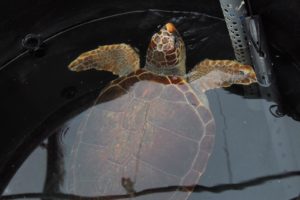
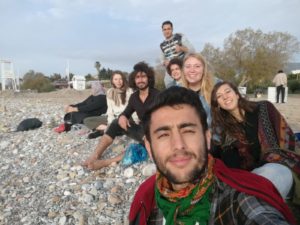
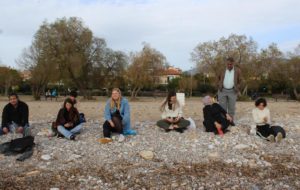
Recent Comments